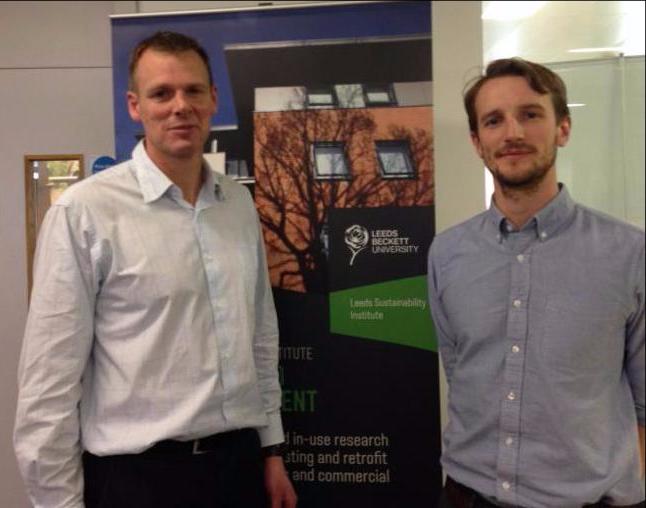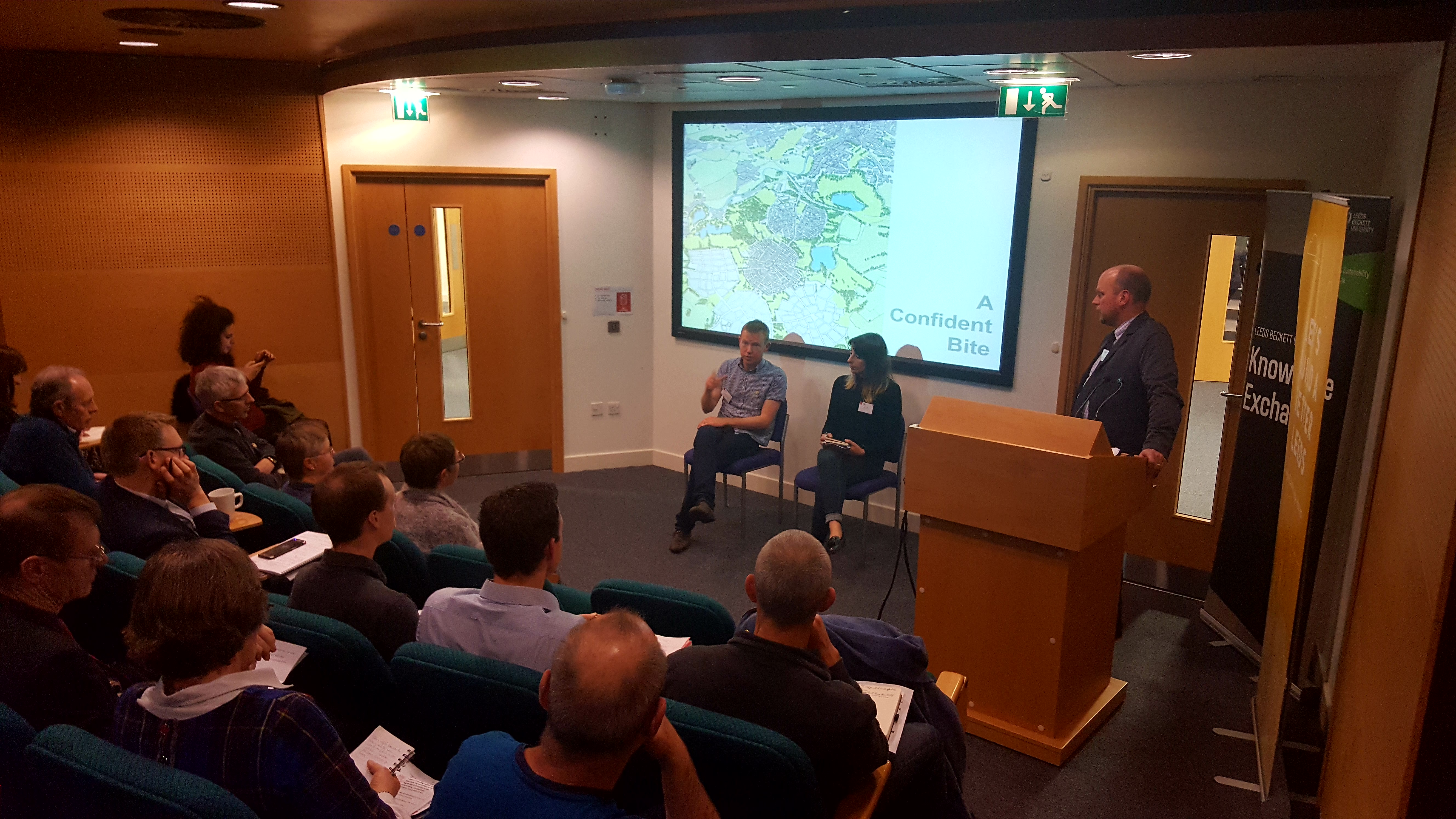Wednesday 26th April 2017, Addleshaw Goddard LLP, Leeds
08:00 for registration, 8:30-9:30 with networking until 10:00
Breakfast provided!
Cliff Jones is Head of the Construction Procurement Team within the Commercial Division at the Department of Health (DH),UK. He has been involved with the development & implementation of the DH ProCure21 & DH ProCure21+ Frameworks. Cliff is also a member of the Construction Clients Group Board at Constructing Excellence.
Cliff will provide some thoughts on the following and what it means for all.
- Realistic budgets and programmes and what Clients and the Industry need to consider
- Industry collaboration throughout supply chains,selection of contractors and supply chains
- What is expected when problems/risks arise
Cliff will also cover the development of the Construction Clients Leadership Group which is currently evolving to replace the CE Construction Clients Group.
Philip Collard has been Managing Director of Marketing Works Training and Consultancy Ltd, a specialist construction industry management consultancy, for over 25 years. During that time he has helped over 2000 firms improve their market and client facing behaviours. Now also CEO of myConsole, a digital platform that drives certainty in bidding through increasing win rates and lowering bid costs, he focuses on implementing cloud based solutions to the biggest challenges facing pre-construction teams.
For our April Breakfast, we welcome Philip to discuss how to align behaviours to become more client centric, now and in the future. He will share insights into managing and organising processes and individual and team behaviours that firstly, uncover client’s needs and objectives and then secondly, how to leverage this valuable knowledge to innovate win themes and bid strategies. Thirdly, he will take us on a journey into the future to show the profound changes afoot through digitalisation, which will impact client centricity at all stages.”
To get involved join us at
Addleshaw Goddard LLP, 3 Sovereign Square, Sovereign Street, Leeds LS1 4ER
Wednesday 26th April 2017 08:00-09:30










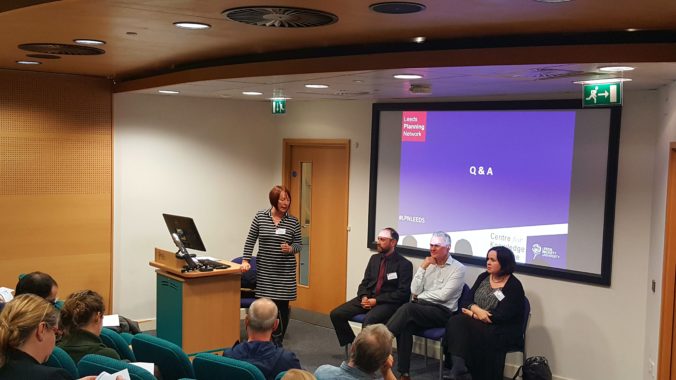



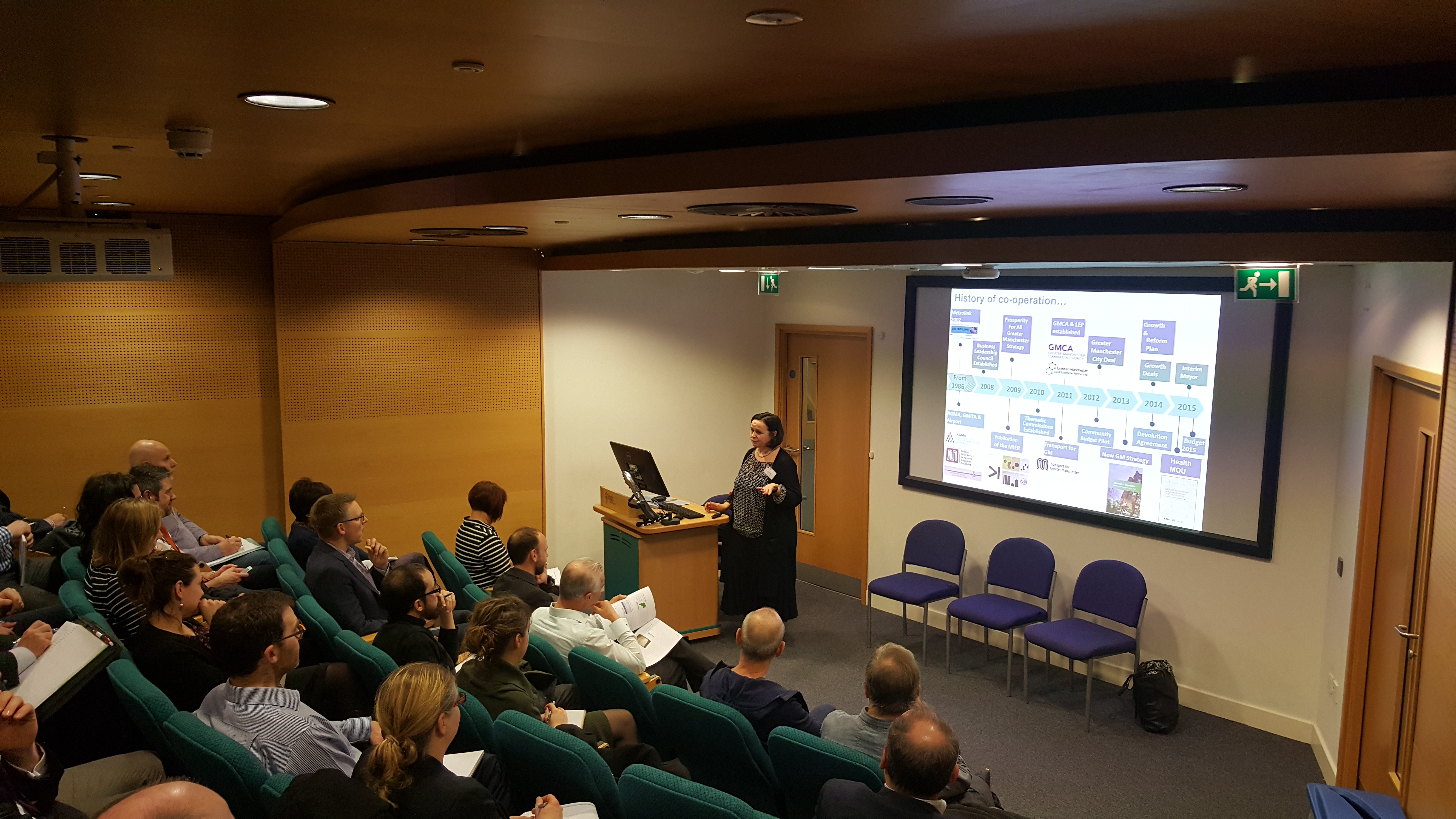
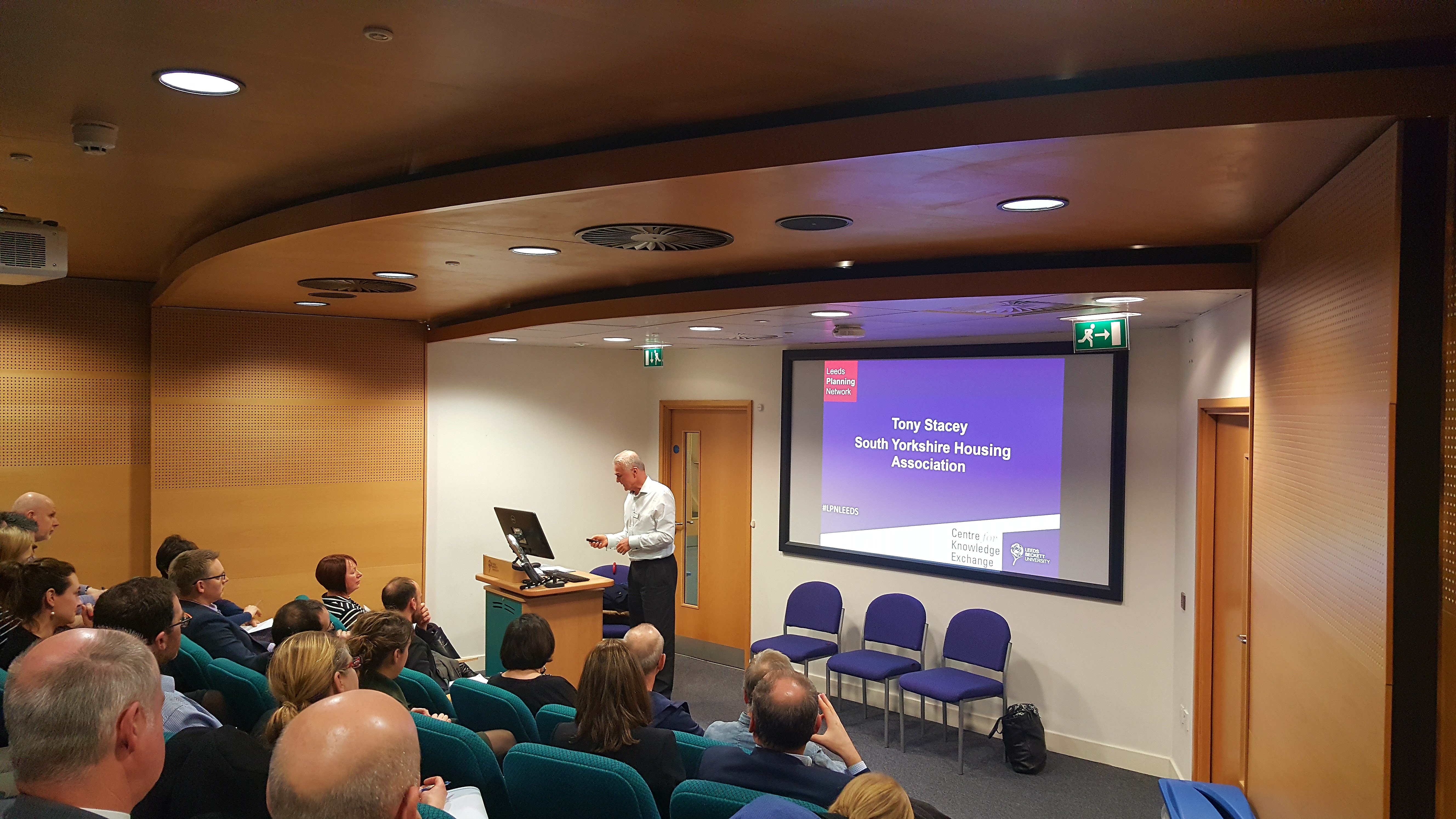
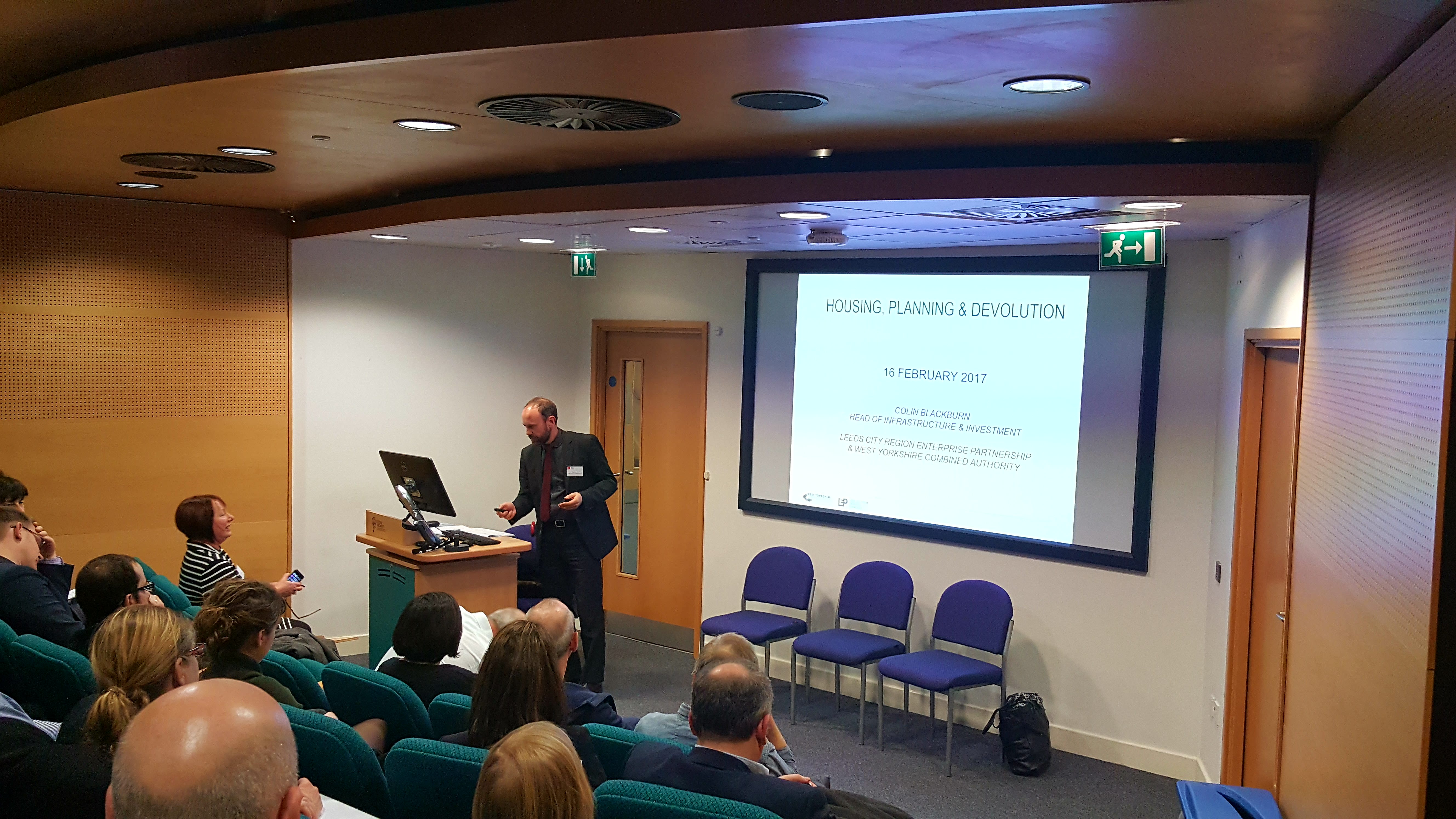
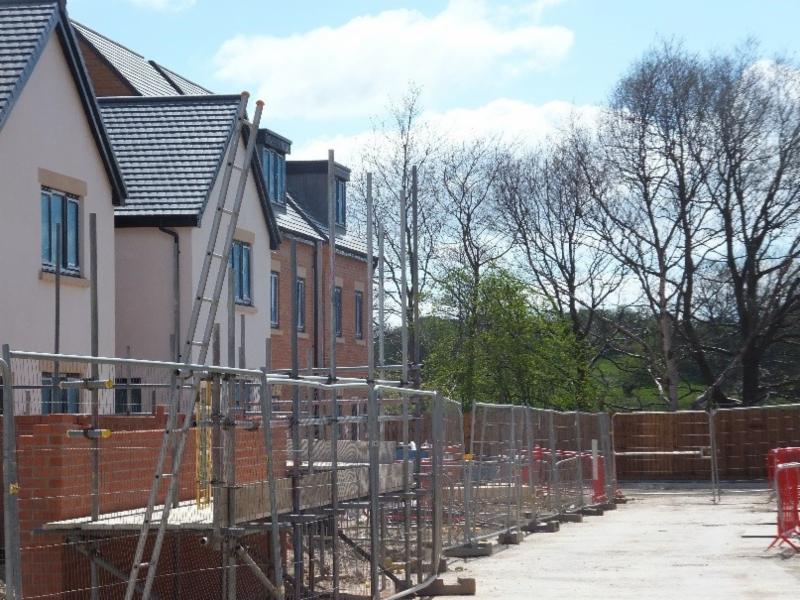


 Join us at our breakfast event on 25th January 2017
Join us at our breakfast event on 25th January 2017